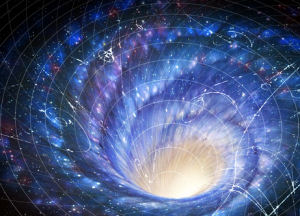
It could happen tomorrow, it could happen in a billion years, but whenever it is, calculations by physicists at the University of Southern Denmark indicate that the risk of the Universe collapsing is even greater than previously thought.
The doomsday scenario that’s been refined by the Danish researchers is known as “The Big Slurp.” The Big Slurp would occur when there is a radical shift in the forces that govern the Universe. This violent process is called a phase transition and is very similar to what happens when, for example, water turns to steam.
Pivotal to the Big Slurp scenario is the Higgs Boson, the particle which is believed to play a role in giving mass to elementary particles.
Proponents of the Big Slurp theory say that a phase transition in the Universe could happen if a quantum fluctuation bubble from an alternate Universe appeared in ours. Specifically, the Big Slurp would be triggered by the Higgs-field associated with the Higgs-particle in the bubble differing from the Higgs-field in our Universe. If this new value results in lower energy and if the bubble is large enough, the bubble will expand at the speed of light in all directions. Once that happens, all elementary particles will be pulled together.
“Many theories and calculations predict such a phase transition – but there have been some uncertainties in the previous calculations. Now, we have performed more precise calculations, and we see two things: Yes, the Universe will probably collapse, and: a collapse is even more likely than the old calculations predicted,” explained Jens Frederik Colding Krog, co-author of a Big Slurp analysis in the Journal of High Energy Physics.
Krog and his colleagues looked at three of the main equations that underlie the prediction of a phase change. These are called beta functions and Krog’s team were particularly interested in the role they play in the strength of interactions between Higgs bosons and quarks.
Krog’s group showed that the three equations can be worked with simultaneously and that the equations interact with each other. “When applying all three equations together, the probability of a collapse as a result of a phase change is even greater than when applying only one of the equations,” said Krog.
Although the new calculations predict that a collapse is now more likely, it is also possible that it will not happen at all. It is a prerequisite for the phase change that the Universe consists of the elementary particles that we know today, including the Higgs particle. If the Universe contains undiscovered particles, the whole basis for the prediction of phase change disappears. “Then the collapse will be cancelled,” concludes Krog.
Related:
Discuss this article in our forum
Brain, Universe, Internet governed by same fundamental laws, suggests supercomputer simulation
Are we living in a computer simulation? Physicists propose test to find out
Entangled quarks hint at reconciliation of quantum mechanics and general relativity
Fine structure constant may vary across universe




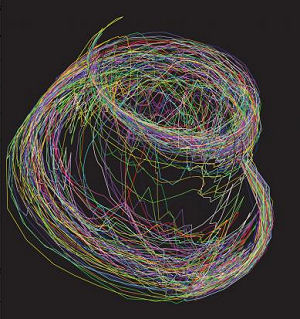
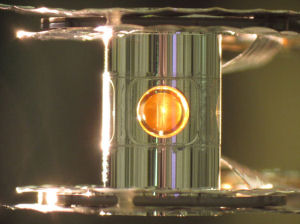
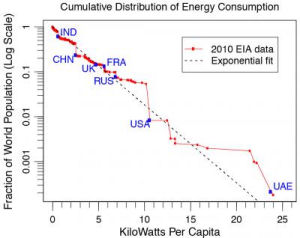





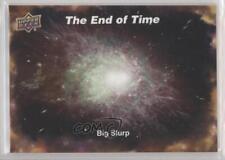




Comments are closed.